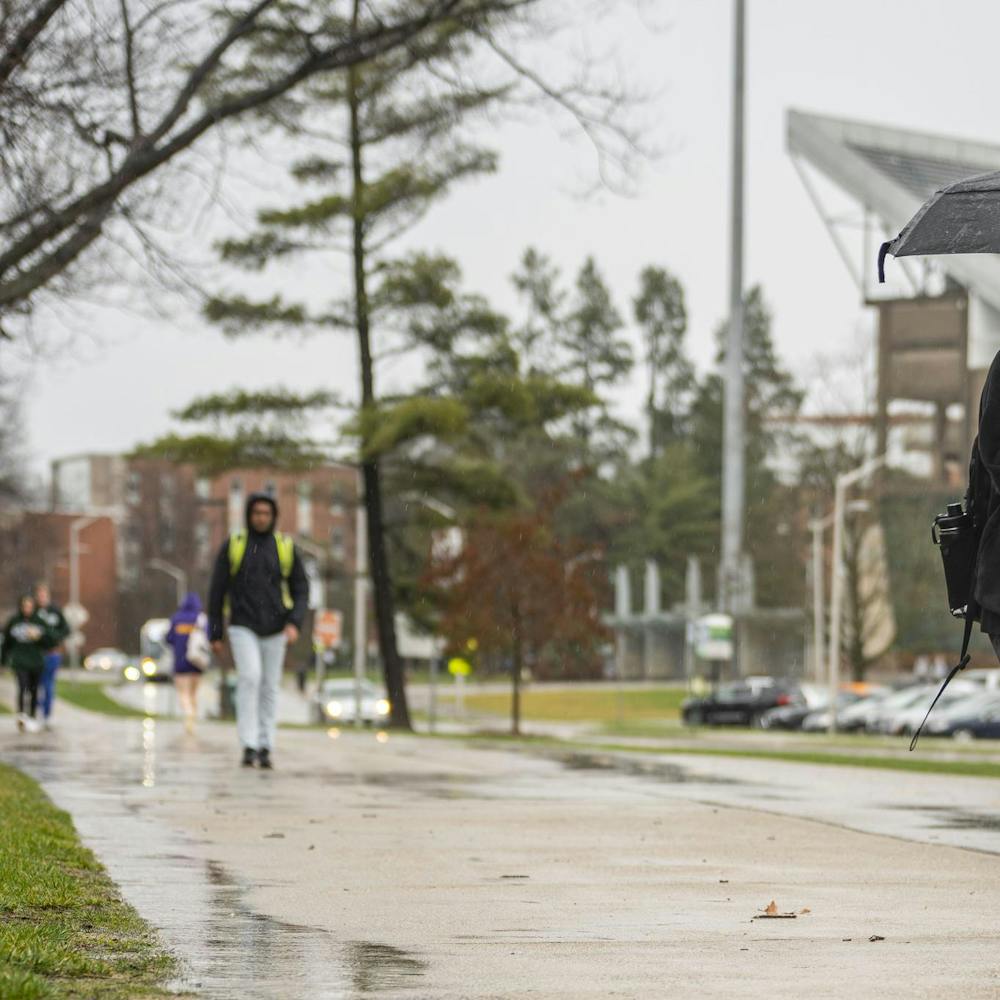Amid all the speculation about who will eventually be declared the next president of the United States, I am wondering about a related topic. I am speculating on how many Americans believe they actually voted for a candidate for the presidency and one for the vice presidency. Technically, no one voted for Texas Gov. George W. Bush, Al Gore, Ralph Nader or any other candidate, at least not yet. Everyone who voted on Nov. 7 only voted for groups of electors.
The Electoral College, not American voters at large, determines who will become president. The electors are chosen by the various political parties. Each party has its own group of electors. Voters actually chose which group of electors they want. The assumption is that the electors will remain loyal to the wishes of their respective parties and cast their ballots in favor of their party’s nominated candidates for the presidency and vice presidency. Some, though not all, states have passed laws mandating that electors vote for the candidates who received the most popular votes within the state. Therefore, some electors could vote for candidates other than the ones that were more widely supported by the voters. Those maverick electors may only the risk scorn of their fellow party members and thwart the will of the residents of their state.
I strongly advocate the abolition of the Electoral College. I do not base my opinion on who won this election or any previous election. I have held these same beliefs since I first studied the Constitution in elementary school. My opposition stems from the potential of someone being elected despite not having garnered a plurality of votes of the American people. The writers of the Constitution created this system to prevent the lower classes from selecting a candidate whom the writers, the economic and political elite of the country, deemed unacceptable to lead the nation. Now the people of the United States should correct that archaic and undemocratic decision.
The current system of electing the president and vice president unfairly favors a minority of the states in the Union. Candidates heavily campaign and appeal to voters in the select few states holding the largest number of electoral votes. They spend most of their time in California, Texas, New York and other heavily populated states. They shape their agendas to win supporters in those states. In contrast, the candidates virtually or completely ignore Alaska, Wyoming, Arkansas and other lightly populated states.
The issues important to people in smaller states receive little to no consideration unless they just happen to be the same as those in the larger states. Are not the people living in the sparsely populated states of the South, Great Plains and Rocky Mountains Americans, too? Do their concerns not matter? The “winner-take-all” system of the Electoral College permits candidates to focus on winning at least narrow margins of victory in less than a dozen states while ignoring the rest of the country. Should the direction of presidential decisions and policies be shaped disproportionately by what Californians, Floridians and residents of the Northeast want? The elimination of the Electoral College in favor of a simple popular vote total to become president will help make all votes carry the same value despite the location of the voters.
I realize that some people oppose changing the Constitution. They typically point to what a great blueprint for representative democracy it was and remains to this day. However, amendments have been added which changed how political leaders are chosen.
The 12th Amendment forced members of the Electoral College to specify which ticket they wanted to elect. That change became necessary after John Adams, a Federalist Party member, served as president with Thomas Jefferson, a member of the Democratic-Republican party, as his vice president.
The 17th Amendment replaced the system of electing senators by providing for direct elections by residents of the states instead of appointment by the state legislatures. Widespread bribery and other forms of corruption had permeated the process of state legislators selecting senators. Therefore, the people of states demanded direct control over who would represent them in the Senate.
The 22nd Amendment set term limits on the presidency. That act gained support out of fear that one man could continually serve as president for decades, perhaps even usurping his authority and becoming a dictator. While I highly value the Constitution’s enduring legacy as the foundation of the government of the United States, one must accept the reality of previous changes to the document. Those changes benefited the American people and ensured that their leaders were more accountable for their actions while in office.
The mere possibility that someone can possibly become president without the support of a plurality of the American voters greatly irritates me. The United States was founded as a representative democracy. Therefore, its highest political office should be chosen directly by a plurality of citizens. Anything else stands as a betrayal of the republican form of government.
John Lafleur is the State News community columnist. His column appear every other Friday. He can be reached at johnclafleur@lycos.com.






